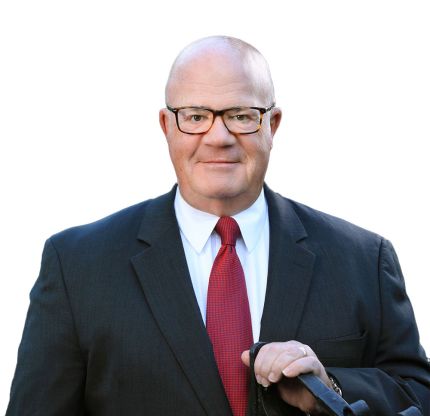
Social Media Is Kinda Like Wearing Your Underpants on the Outside of Your Pants
First, it is important to say that ignoring the current social media trend is akin to ignoring the increasingly vital need to have a viable website. Second, one of my concerns (but not the subject of this article) is that being active in social media like Facebook and Twitter has the potential to mislead many funeral directors relative to actual effectiveness, at least at this stage of its development. Here is why: the standard FD Litmus test for advertising effectiveness is having friends and family say, “I saw your ad.” Of course, if they say, “I liked your ad.” Then you can be sure it will become a favorite. The problem is that your family and friends don’t die that often and they were going to use you anyway…hopefully. My personal Litmus test for advertising is whether it makes the phone ring. And, to be sure, more than a few funeral directors have told me that they have gotten calls and / or preneeds from their Facebook page. So, with those disclaimers in mind:
I have been on Facebook now for almost 2 years. Facebook tells me I have 268 “friends.” I don’t know many of these people because I didn’t know in the beginning that it was not considered impolite to refuse someone’s friend request. I have Facebook linked to my smart phone so while I am waiting in the doctor’s office or in the airport I thumb through the updates. I admit I am charmed by Arvin Starret’s quips and intrigued by the seemingly free spirit life of Brad Speaks. But those are the exception. I find it inane to know whether someone is or is not at work… A little strange to learn that someone is flipping pancakes at the Rotary breakfast or taking their kids to McDonalds. On the other hand I do like the funeral homes that announce that they are “Honored to be serving the Smith Family today”.
What I dislike the most is those who use social media for advertising. I joined the NFDA discussion group hoping for some real discussion. After 4 months I unsubscribed. In all that time there was only one viable discussion question. All the rest were fringe promoters trying to hawk their product, service or “world-changing” idea. I, for one, will be glad when the Kate-Boylston seminar is over. I am sure it has helped them build attendance and I don’t blame them for it. But enough already, it’s starting to feel like the political advertising that we are all so glad to have behind us. Harry Beckwith in his excellent book, “What Client’s Love,” observes that “You cannot intrude in customers lives. The more you intrude the more you annoy.”
To my point: Why is Social Media kinda like wearing your underpants on the outside?
Because it makes the SENDER more important than the RECIPIENT. It’s all about me and not enough about them. If, in fact, it is a new way to build your business then how does it communicate what’s in it for the buyer? What compelling value proposition is there? Other than the fact that you are out there, what differentiates you from the pack?
I am anticipating strong response to this article. Help us all figure this out. How can we make social media more about the recipient than the sender?
Our Blogging Expert

Business Consultant / Owner
Popular Articles
